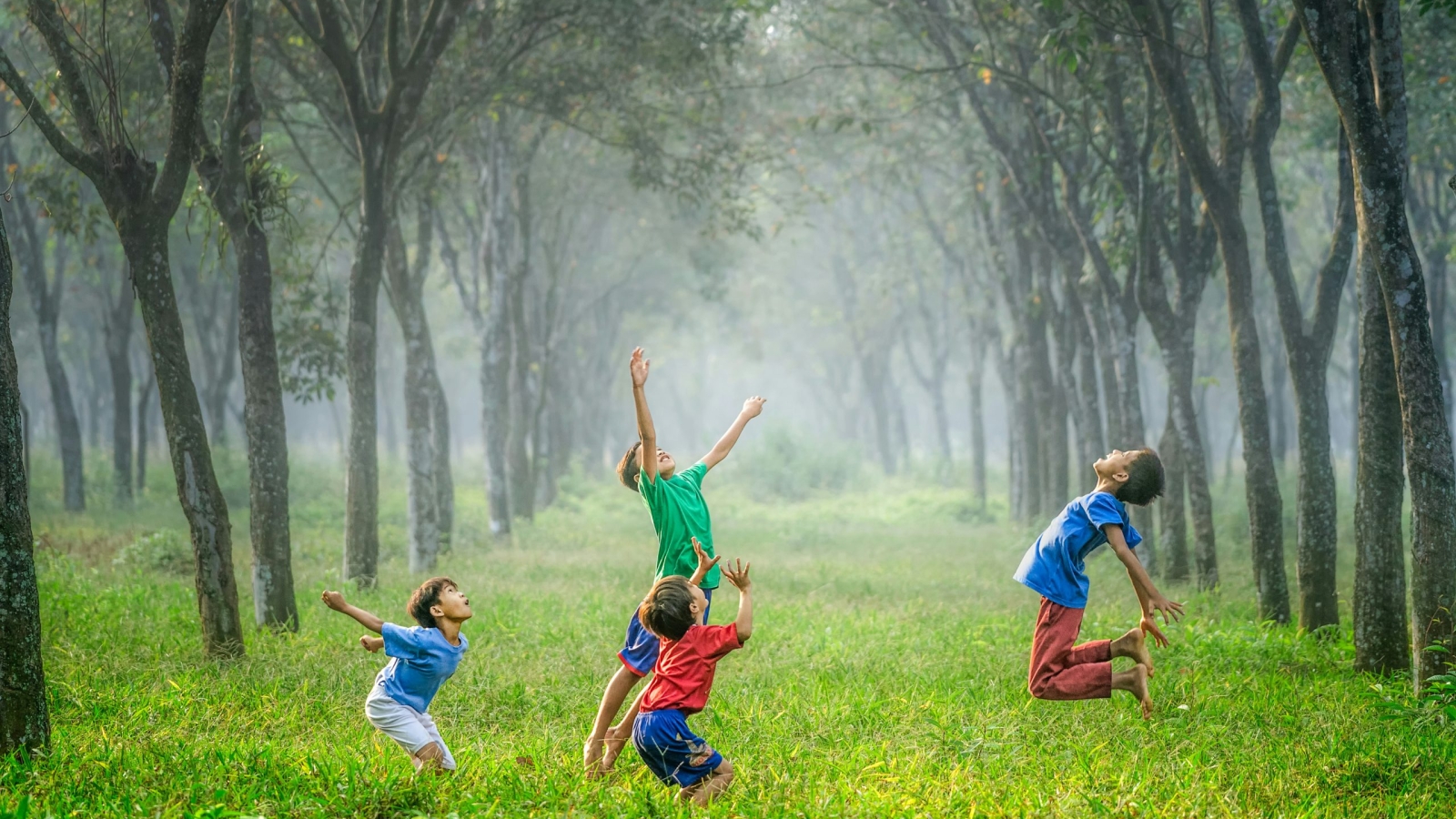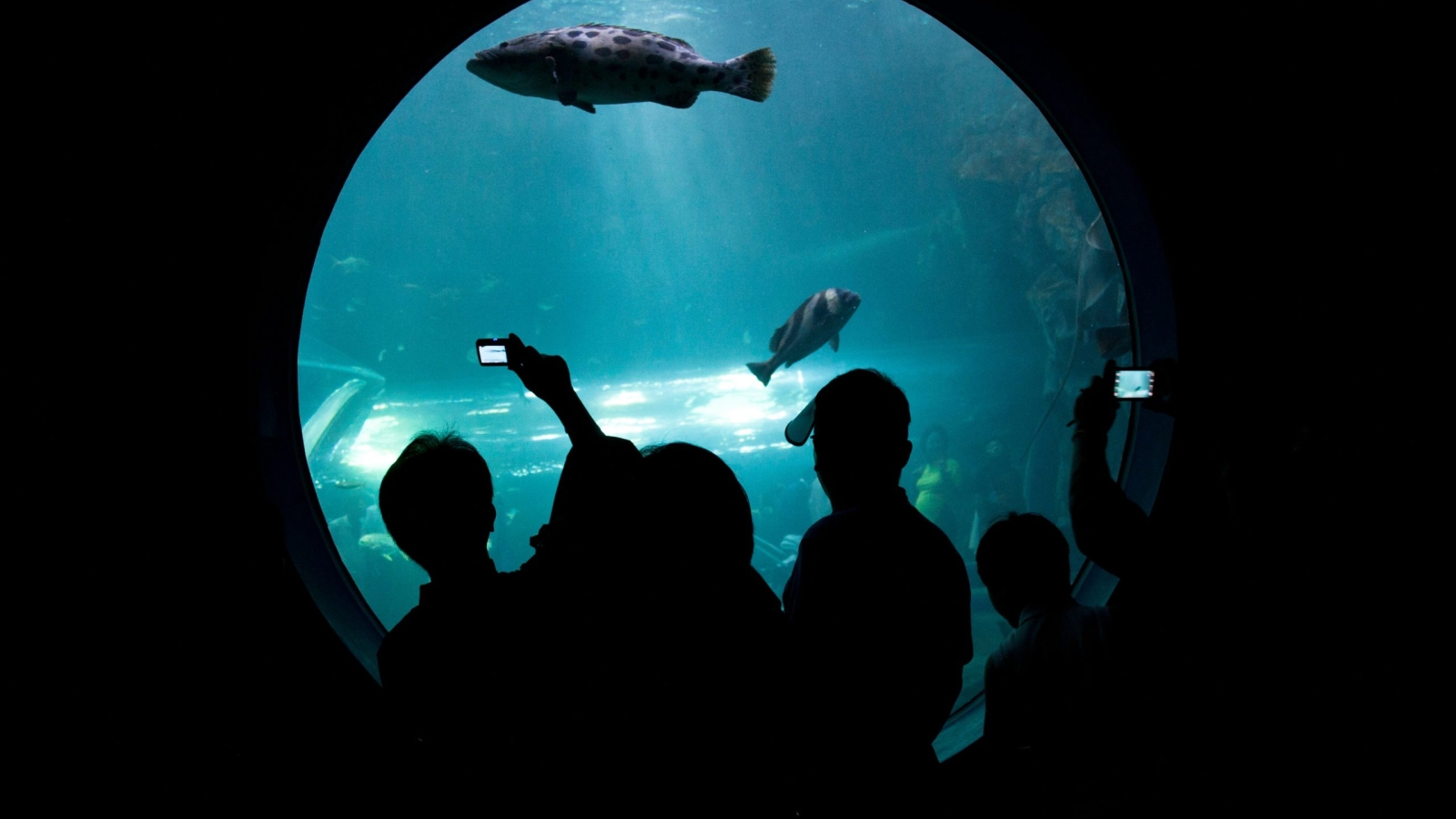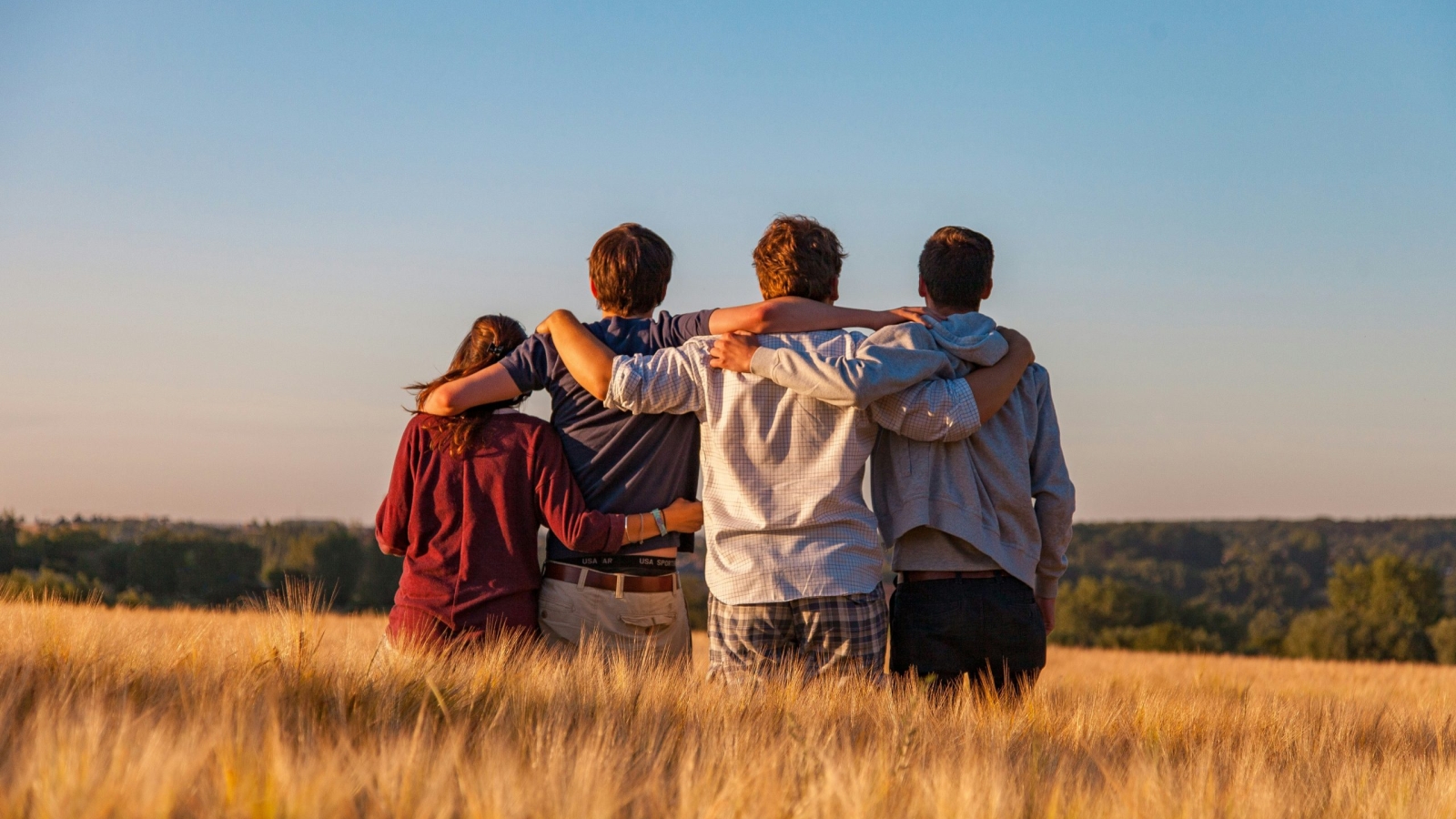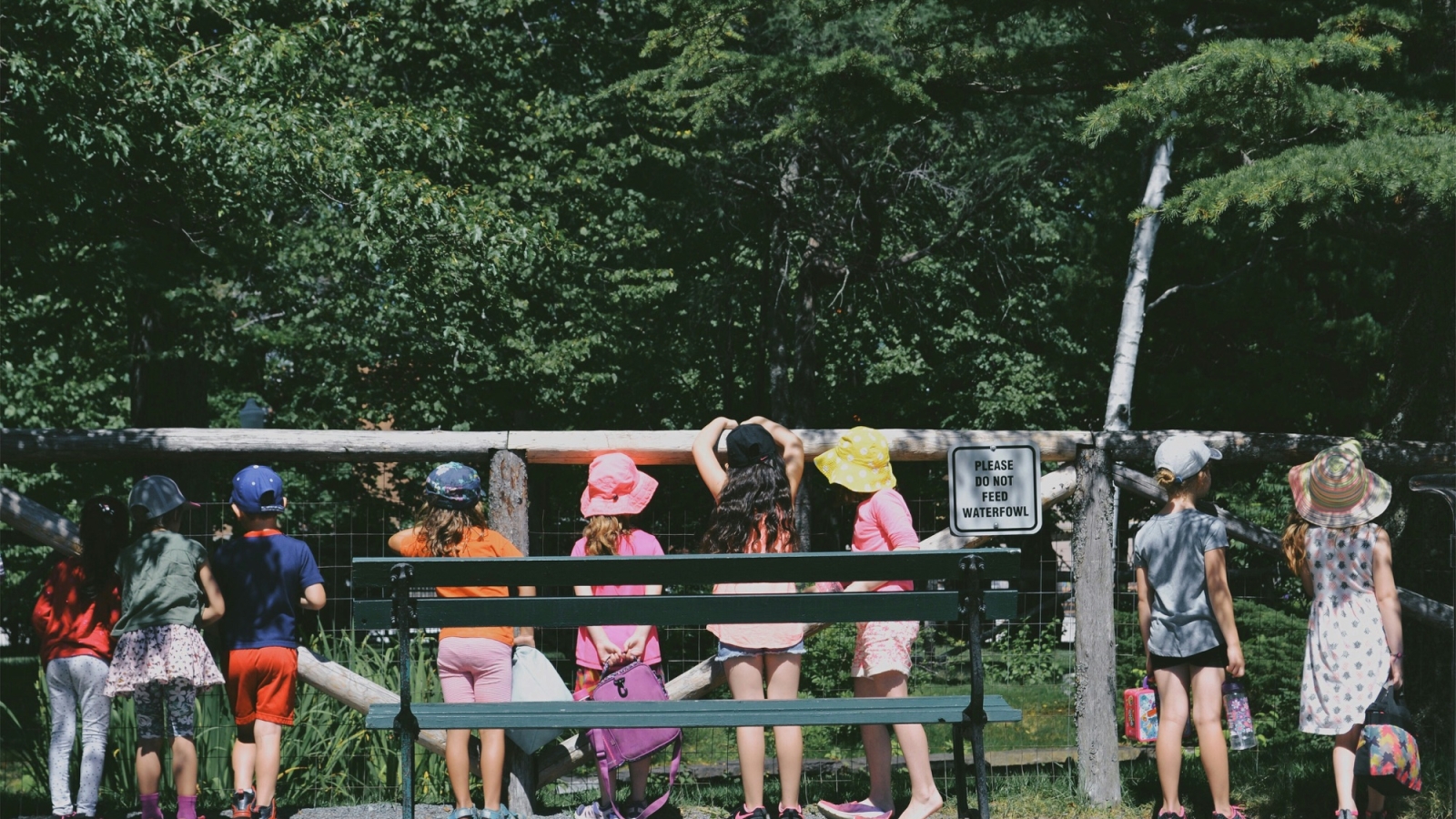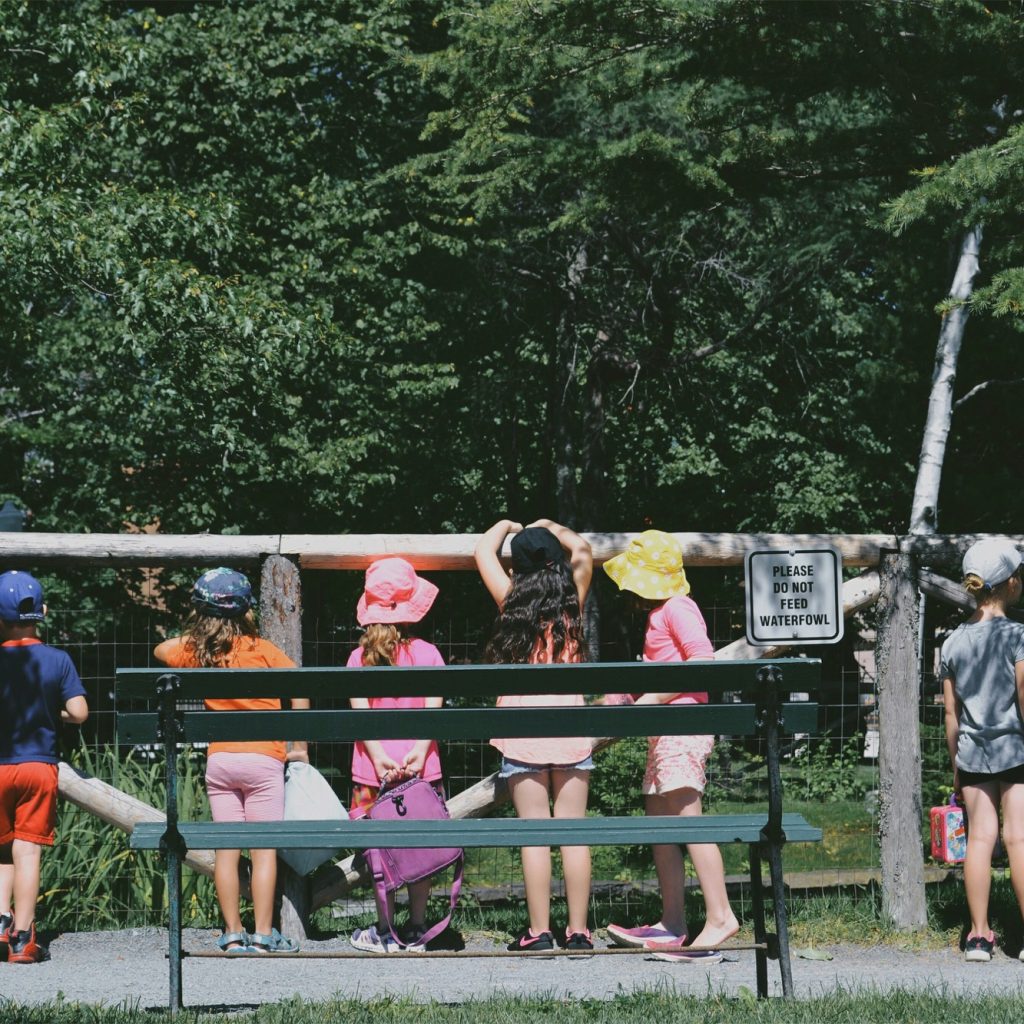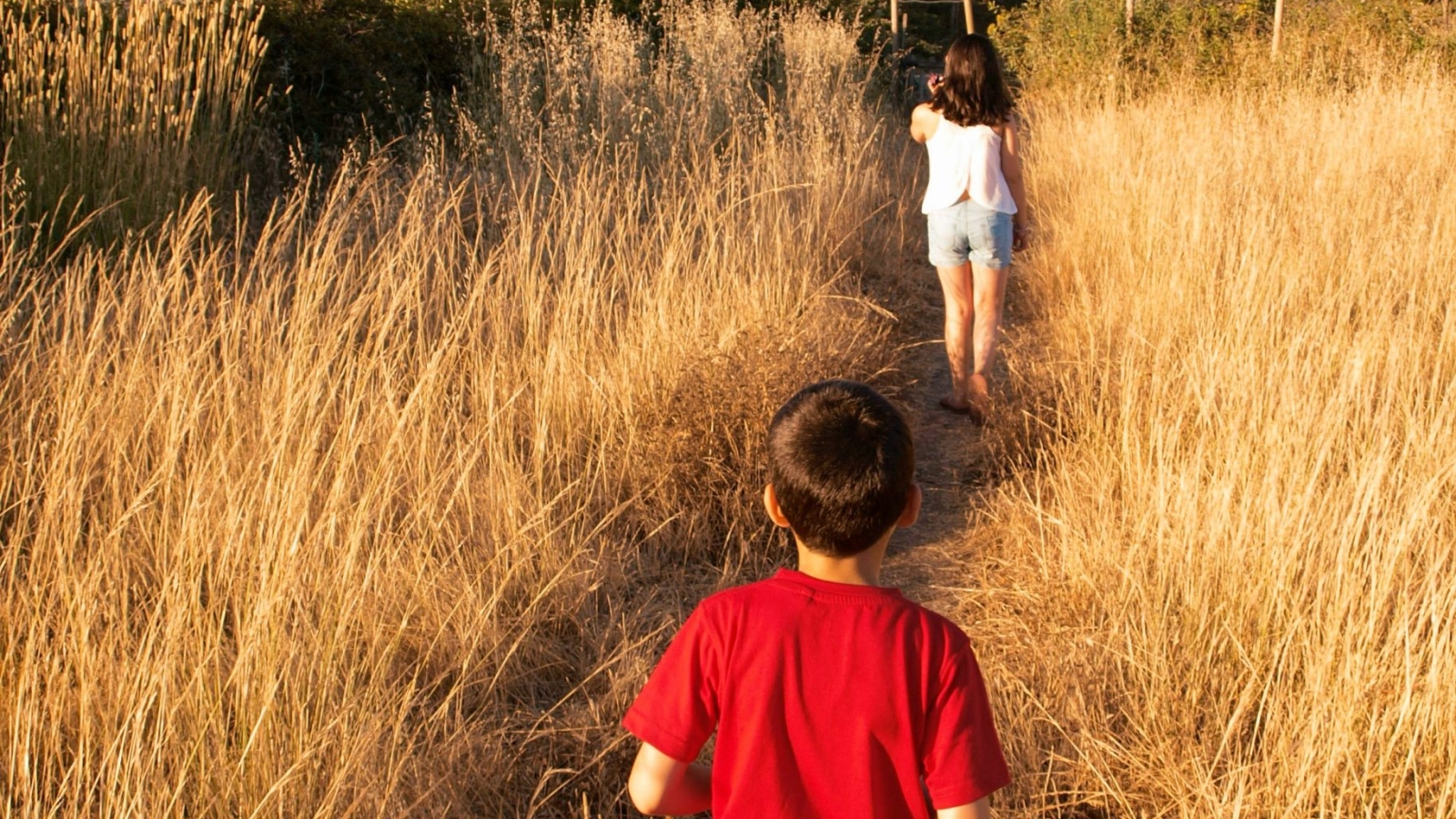School field trips are a cherished part of the educational experience, offering children a break from the classroom routine and an opportunity to explore new environments. While these excursions are often seen as primarily educational, they also play a crucial role in developing children’s social skills. Here’s how school field trips contribute to this important aspect of childhood development:
1. Encouraging Teamwork and Cooperation
Field trips often involve group activities that require students to work together towards a common goal. Whether they are solving puzzles at a science museum, conducting experiments in a nature reserve, or participating in a historical reenactment, children must collaborate and communicate effectively. These activities teach them the importance of teamwork, listening to others, and sharing responsibilities, which are essential skills both inside and outside the classroom.
2. Building Communication Skills
In new and dynamic environments, children are encouraged to ask questions, engage in discussions, and express their thoughts. This can happen during guided tours, Q&A sessions, or informal interactions with peers and teachers. These experiences help children practice articulating their ideas clearly and confidently, thus enhancing their verbal communication skills. Additionally, interacting with adults and experts outside their usual circle helps them learn appropriate ways to address and converse with different age groups.
3. Enhancing Social Interaction
Field trips often mix students who may not usually interact within the classroom setting. By breaking down the usual social groups, these trips provide opportunities for children to meet and bond with classmates they might not know well. This promotes inclusivity and helps children develop the ability to form new friendships, understand diverse perspectives, and appreciate the value of every individual’s contribution.
4. Boosting Self-Confidence
Navigating new environments and participating in unfamiliar activities can be challenging for children. Successfully overcoming these challenges can significantly boost their self-confidence. When children see that they can handle new situations and learn new things outside their comfort zone, they gain confidence in their abilities, which in turn makes them more willing to engage socially and take initiative in various social contexts.
5. Encouraging Empathy and Understanding
Field trips often expose children to different cultures, historical events, and societal roles, fostering a sense of empathy and understanding. For instance, a trip to a historical museum can help children appreciate different time periods and the experiences of people from diverse backgrounds. These experiences encourage children to develop empathy and a deeper understanding of the world around them, which are crucial components of strong social skills.
6. Providing Real-World Learning Experiences
Field trips bring learning to life, connecting classroom lessons with real-world experiences. This hands-on learning approach allows children to engage more deeply with the material, sparking curiosity and encouraging a love for learning. When children are excited and engaged, they are more likely to share their experiences with peers, further enhancing their social interactions and communication skills.
7. Reducing Stress and Enhancing Well-being
The change of scenery and break from routine provided by field trips can reduce stress and improve overall well-being. When children are relaxed and happy, they are more open to social interactions and forming positive relationships. A well-organized field trip can create a sense of adventure and joy, making social interactions more natural and enjoyable.
Conclusion
School field trips are much more than a fun day out; they are powerful tools for enhancing children’s social skills. By encouraging teamwork, communication, social interaction, self-confidence, empathy, and providing real-world learning experiences, these trips contribute significantly to the social development of children. As educators and parents, recognizing and leveraging the social benefits of field trips can help foster well-rounded, socially adept individuals who are better prepared to navigate the complexities of the world around them.

